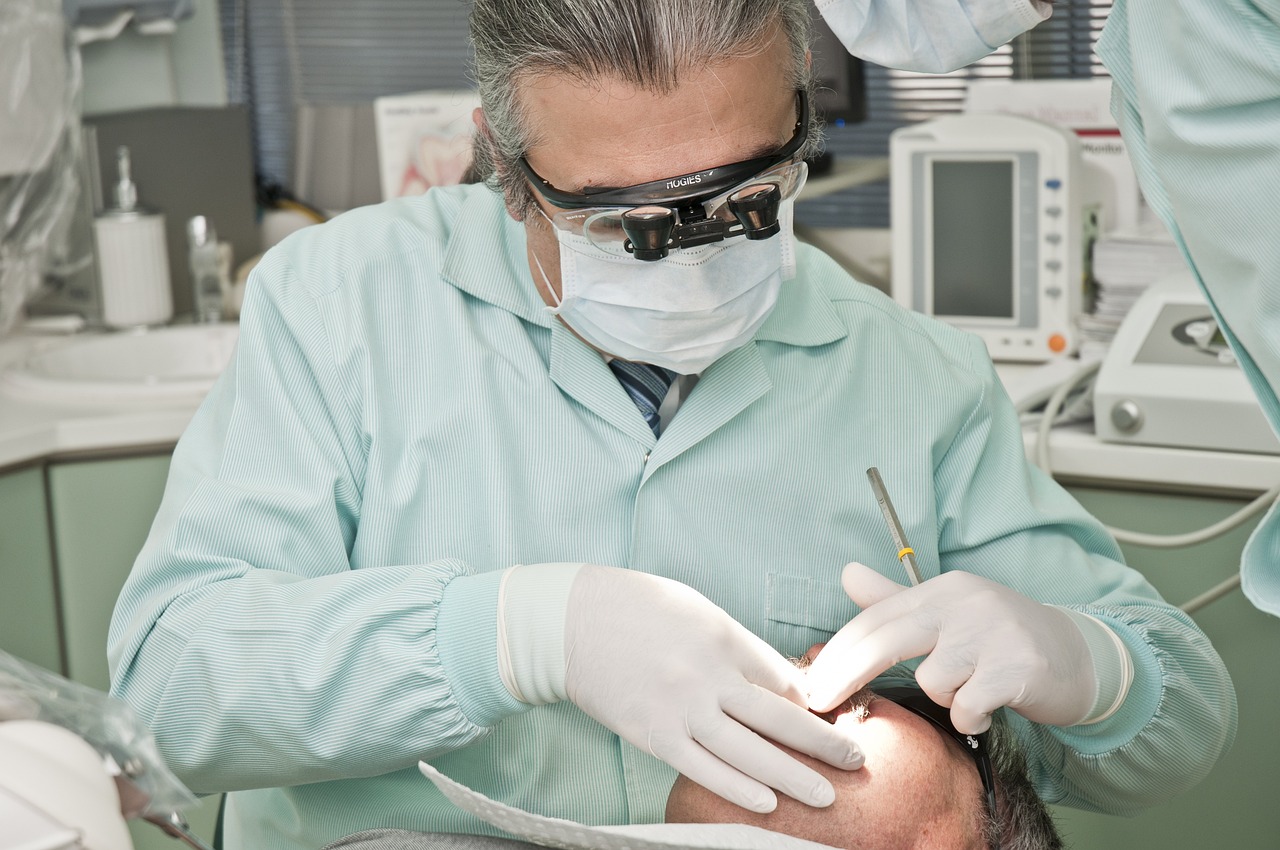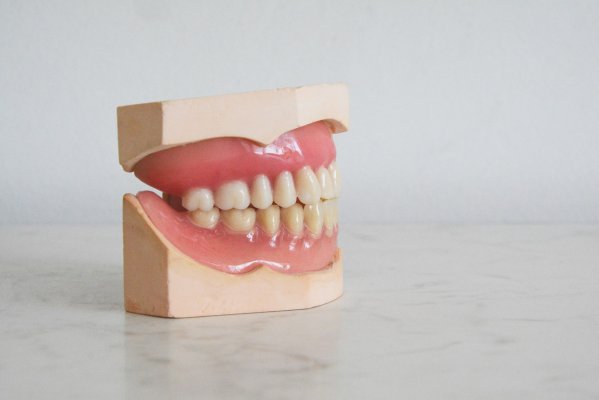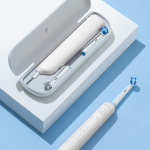If you are considering dentures as an option to replace missing teeth, it is important that you understand all of the different factors involved. Dentures are a popular choice for people who are missing most or all of their teeth, but they are not right for everyone. This article will discuss the things you need to know before getting dentures in order to make sure they are the right choice for you.
It's always best to research your options and pick the best one. Getting an implant-supported denture can be a great way to improve your quality of life. This method is effective and has many benefits.

One big advantage of implants is that they can help to preserve your jawbone. When you lose teeth, your body reabsorbs the bone that once supported them. This process can cause your jaw to shrink and change shape. Implants stimulate and preserve the bone, which helps to keep your facial structure looking natural. Implants are also more comfortable and stable than other methods of tooth replacement.
For example, implants don't rely on adhesives to stay in a place like dentures do. This means that you won't have to worry about your teeth slipping or moving around when you eat, talk, or laugh. Implants are also easier to care for than other methods of tooth replacement. You can brush and floss them just like your natural teeth.
There are various types of dentures you can get. They differ in the way they’re put in and what they’re made of. These are the following:
- Full Dentures: These types of dentures are also known as complete dentures. They’re used when all of the patient’s teeth need to be removed.
- Partial Dentures: Partial dentures are for patients who still have some natural teeth remaining. This type of denture is held in place by metal clasps that attach to the natural teeth.
- Implant-Supported Dentures: Implant-supported dentures are held in place by implants that are surgically placed in the jawbone. This type of denture is typically used for lower teeth since they provide more support than upper teeth.
- Flexible Dentures: Flexible dentures are made out of a flexible material that molds to the shape of your mouth. They’re held in place by suction and are less likely to slip than other types of dentures.
Now that you know about the different types of dentures, you can decide which type is right for you!
There are also lots of benefits that come with dentures. For one, they can help improve your appearance and give you back your smile. They can also help with eating and speaking. And, they can make it easier for you to stay healthy overall.
Some other benefits of dentures include the following:
- improved self-esteem and confidence
- better oral health
- improved nutrition
- easier time speaking
If you are considering getting dentures, be sure to talk to your dentist about all the benefits they can offer you.
You'll want to go for routine checkups about every six months. That way, your dentist can ensure that your dentures fit well and aren't causing any problems. If you have a dental insurance plan, these visits will likely be covered. And even if you don't have insurance, routine checkups are relatively inexpensive.
Don't wait until you have a problem with your dentures to see the dentist! By then, the damage may already be done. So be proactive and schedule those checkups. Your smile will thank you for it.
For example, if you develop a sore spot on your gums, it could be due to your dentures. But if you wait too long to see the dentist, that sore spot could turn into an infection. And no one wants that. The more cautious you are, the better. So definitely make frequent checkups a priority.
Sometimes, your dentures will require repairs. This can be due to normal wear and tear, or an accident. If you have a denture repair kit at home, great! You can save yourself a trip to the dentist. Otherwise, it's best to bring them in, so we can take a look.
As with anything else, it's always best to catch repairs early on. Smaller repairs are usually cheaper and easier to fix than larger ones. So if you think there might be something wrong with your dentures, don't hesitate to give us a call! We're always happy to help.
Learn the signs of when replacements are needed so you can be proactive. For example, discomfort while eating, changes in how your dentures fit, and increased gum irritation may all be indications that replacements are necessary. Also, keep in mind that replacements will likely be needed every five to seven years due to the natural changes that occur in your mouth over time.
A timely replacement will prevent further damage to your gums and mouth, so be sure to visit your dentist or denture specialist as soon as you notice any changes. They can help you determine if replacements are needed and, if so, what kind of replacements will work best for you.
Keeping your oral health in check is important whether you have natural teeth or not. Be sure to brush your dentures at least once a day, and soak them in a cleaning solution overnight. You should also visit your dentist regularly to get a professional cleaning and checkup. Taking care of your dental health will help you avoid gum disease, infections, and other complications.

Dentures are a great addition to improving your teeth, health, and smile and implants are very effective. There are various types and all of them have huge benefits for you. You will need to do frequent checkups, and they'll sometime need repairs. Know the signs when you need a replacement and make sure to still take care of your teeth!





